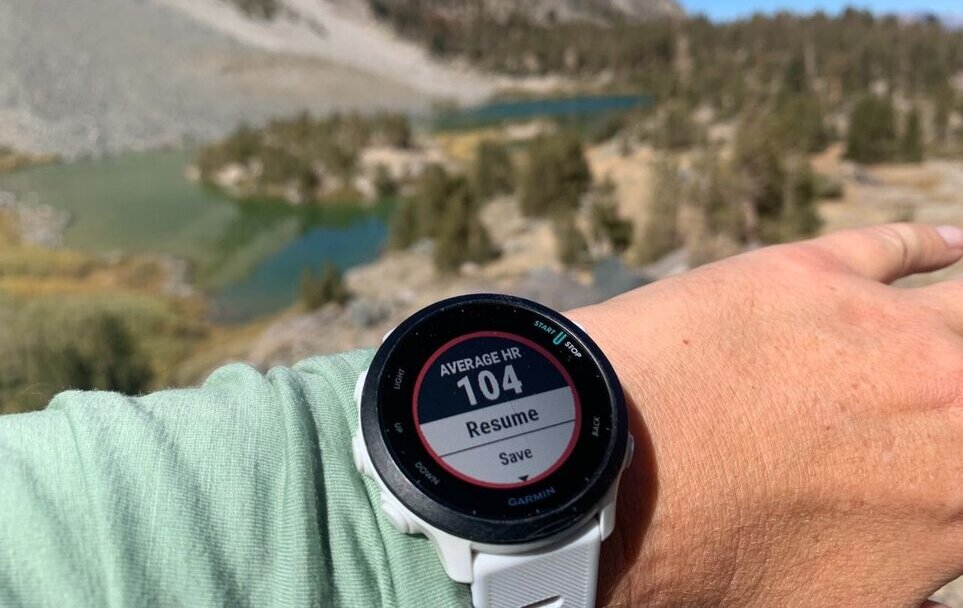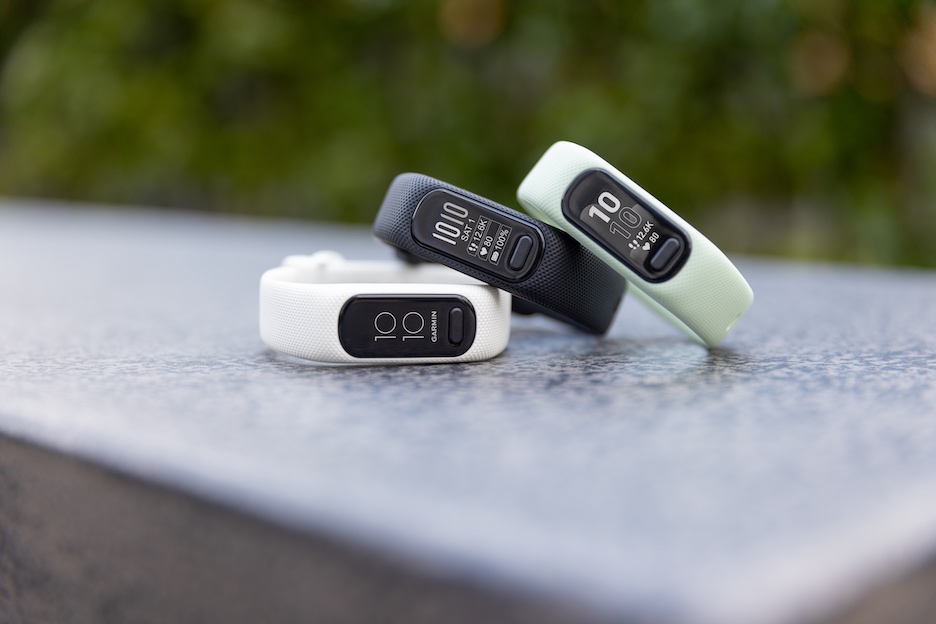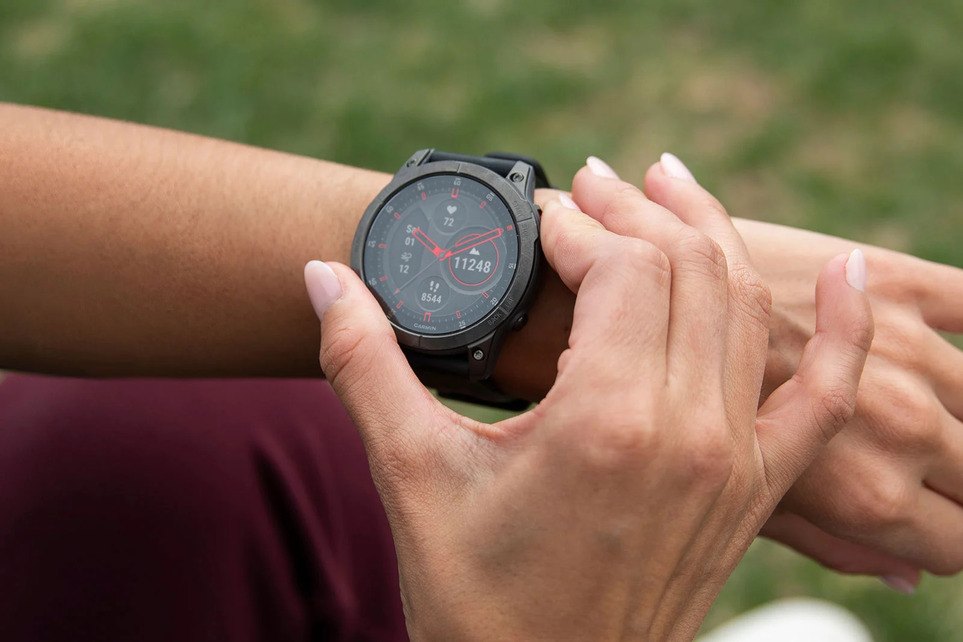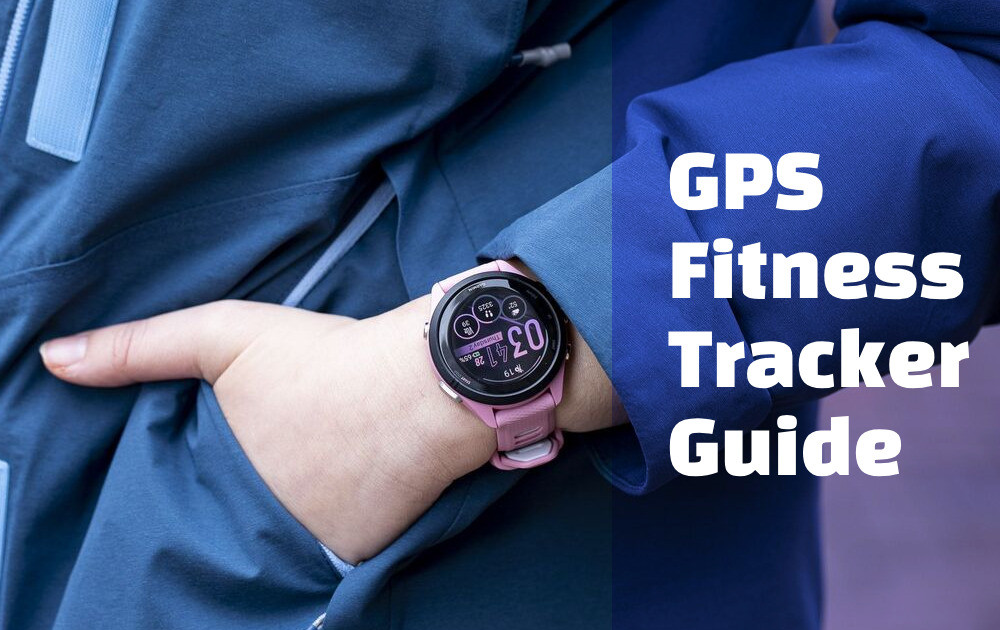GPS Fitness Tracker: How to Always Stay on Track
We’ve already gotten used to the comfort of GPS. The ability to get anywhere you need without having to know the road is more than simply convenient. It boosts our confidence when navigating familiar roads and spares us the worry of not knowing where to go when we find ourselves in unfamiliar places. But did you know that GPS can be of great benefit to runners as well? Even if you know your running route by heart, having a GPS fitness tracker monitor your activity can be of immense value. How do they work and which benefits do they give? This article will answer these questions.

Understanding GPS Fitness Trackers
GPS Fitness Trackers are basically your personal fitness assistants, designed to monitor your physical activity and provide data that you can use to optimize your workouts. But what exactly makes these devices tick? How do they work? Here’s a brief explanation.
Firstly, at the heart of these devices is a combination of accelerometers and gyroscopes. These components detect motion, helping the trackers accurately record your movements whenever you are physically active. Some advanced models also incorporate other tools like altimeters and barometers for more precise measurements, which come in especially handy for outdoor environments.
But this is how every activity tracker works. The star feature of the devices we are covering today is the Global Positioning System (GPS) technology. Such fitness watches use GPS to determine your exact location by receiving signals from a network of satellites orbiting the earth and using these signals to pinpoint your position.
How accurate is GPS, you might ask? Most GPS trackers combine data from satellites, cell towers, and Wi-Fi networks to determine a device's location to within 16 feet. This data is invaluable for monitoring your fitness, providing metrics such as covered distance, speed and route. The GPS technology naturally offers more accurate tracking over distances compared to non-GPS devices. So whether you're training for a marathon or just jogging around the neighborhood, a GPS Fitness Tracker can provide the data you need to monitor your performance and improve it, should you wish to do so.

Features to Look for in GPS Fitness Trackers
Sometimes it feels like it’s easier to walk a labyrinth than to choose among dozens of similarly looking things. And when you don’t know what to base your search on, it becomes akin to wandering a desert. But fret not, for we are about to provide the guidelines for you to follow! The tips are by no means eye-opening but they should help you find the tracker that will best suit your needs.
Look for a Durable Device: Your GPS Fitness Tracker should be able to withstand the rigors of your exercise routine. It doesn’t mean it should be bulletproof or able to withstand a direct clash with a car, but it will be reassuring to know your device will stay intact should it occasionally slip off your wrist.
Prioritize Comfort and Design: The chances are, you're going to wear this device a lot. The construction allowing, you can even shower with some of them. As such, it's essential for the fitness tracker to be comfortable. Some devices even offer customizable bands, so you can switch them out to match your current outfit or mood.
Make Sure GPS is Accurate: A GPS Fitness Tracker worth its salt should provide accurate location tracking. This feature is critical for accurately measuring your speed, distance and covered route during your runs.
Check Smartphone or Computer Integration: In this digital age, connectivity is key. People build whole networks of interconnected gadgets to share the necessary information and function with other devices. Your tracker should connect seamlessly with your smartphone or computer, allowing you to access and analyze your fitness data easily.
Double-Check the Device’s Accuracy: An inaccurate fitness tracker is like a compass that doesn't point north—it's pretty useless. Your device should provide reliable data about your speed, distance, heart rate and other metrics. Should the condition allow, check the accuracy of at least some of the metrics if you buy a fitness tracker in a physical store. You can also rely on brands with a years-built reputation, like Garmin.
Pay Attention to Health-oriented Features: Tracking activity is nice and everything, but nowadays people expect their fitness trackers to provide more information. Breathing reminders, hydration and food logging and tracking whatever it is you want tracked became regular features. These can be very beneficial if you're looking to monitor your overall health, not just your workouts.
Consider Safety Features: Some advanced models come with advanced features like incident detection and assistance. This one allows the device to send a message to your emergency contacts if you're in trouble. Better safe than sorry, they say, and there is no such thing as being too careful.
Get a Customizable Tracker: Interchangeable bands aren’t the extent of customizability a GPS fitness tracker can boast. The ability to customize your data and reminders is a big plus too. This allows you to tailor the device to your specific needs and preferences, making it truly your own.
Remember, choosing a GPS Fitness Tracker is not just about picking the one that throws the biggest number of features in your face. It's about finding the device that meets your needs, creates conditions for improving your workouts, and supports your fitness journey. So take your time, do your research, and find the tracker that's perfect for you.
How to Use GPS Fitness Trackers for Optimal Running Performance
If you're looking to take your running performance to the next level, using a GPS fitness tracker can be a great tool to help you optimize your training. There are two main things you need to do to make the most out of your fitness tracker:
Pair your device with an app: Getting raw data might be enough, but you can make the most of it by having it analyzed by a dedicated app. There are many applications available that can help you process and analyze info from runs and other forms of exercise. The list is extensive, and Play Market and App Store can do a better job of recommending an app. We only suggest you get one.
Make use of the data: It’s way too common for people to get fitness trackers and then do nothing with the information they are given. Your tracker says your heart rate skyrockets after you’ve run a certain distance? It might be a good idea to cut yourself some slack and shorten your running route for the time being and gradually increase it. The same goes for the rest of the measurements. The mere presence of an activity tracker doesn’t necessarily make you a more health-conscious person. Making use of the data you are provided with does.

Common Misconceptions about GPS Fitness Trackers
GPS fitness trackers have become increasingly popular in recent years as more people are becoming health-conscious and interested in tracking their workouts. However, as with every other popular thing, they are surrounded by certain misconceptions. Let us debunk them so that you have a clear understanding of what they can and can’t do.
GPS fitness trackers require an internet connection: This is a myth. While collecting data such as heart rate, steps taken and calories burned doesn’t raise any questions, tracking the locations does. However, the truth is that fitness trackers do not require an internet connection to track your location. The GPS technology functions independently from the internet, only requiring an open sky view to function properly. You won’t get data like traffic load, but you probably don’t need it in the first place.
GPS fitness trackers are only for athletes: They wouldn’t sell in such volumes if they were meant to be used only by professional athletes. Anyone can benefit from using a GPS fitness tracker. You might not need all the data they provide depending on what your goals are, but it doesn’t mean you can’t get one.
GPS fitness trackers are expensive: While it is true that some trackers can be costly, many affordable options are also available in the market. You can find a good quality GPS fitness tracker within your budget if you don't jump at the first item you’re offered.
A Shortlist of Garmin GPS Trackers
Garmin Forerunner 55
The GARMIN Forerunner 55 Whitestone GPS Running Smartwatch is a fantastic option for runners who want to improve their performance and track their progress. With its built-in GPS, heart rate monitor, and various tracking features, this watch offers a comprehensive fitness tracking experience. The battery life is impressive, providing up to 2 weeks of use in smartwatch mode and 20 hours in GPS mode, which is perfect for long runs or multi-day hikes. Garmin Forerunner 55 owners also have access to the Garmin Coach feature, which offers personalized training plans based on an individual's fitness level and goals.
However, one thing to note is that the watch's display may be harder to read in direct sunlight, which could be problematic for outdoor activities during the day. Additionally, the watch does not have storage for music, which might be a dealbreaker for some users who prefer to run with music. Despite these limitations, the Garmin Forerunner 55 offers exceptional value for its price point and is a great choice for anyone who wants a reliable and feature-packed GPS running watch.
GARMIN Venu Sq 2 Music Edition
The Garmin Venu Sq 2 GPS Smartwatch is an excellent choice for people who are looking for a smartwatch that can track their fitness activities as well as offer various features like music storage, notifications, and contactless payments. The watch has a clear display that makes it easy to read, even in direct sunlight. The built-in GPS accurately tracks distance and pace, while the heart rate monitor provides real-time data on heart rate zones, making it easier to optimize training intensity.
However, one thing to note is that the watch may be slightly bulky for people with smaller wrists, which could be uncomfortable during prolonged use. Additionally, some users may find it challenging to navigate through the various menus and features, making it confusing for first-time users. Despite these minor limitations, the Garmin Venu Sq 2 is an excellent option for people who want a stylish and functional smartwatch that can cater to their active lifestyle needs.
Garmin Vivosmart 5 Activity Tracker
The Garmin Vivosmart 5 Fitness Activity Tracker is a great device for people who want a simple device not over-encumbered with features. The watch has a bright and clear display that makes it easy to read, even in direct sunlight. The battery holds up to 7 days without having to recharge, which is perfect for long-term tracking.
One thing to note is that the watch's screen size may be too small for some users, making it harder to read messages or notifications. Additionally, the watch may not be as accurate as more expensive options, especially when tracking specific activities like cycling or weightlifting. Despite these minor limitations, the Garmin Vivosmart 5 Fitness Activity Tracker remains an excellent choice for anyone looking for a comprehensive and affordable fitness tracker.
Conclusion
Having a GPS activity tracker will change your running experience once and for all. The benefits you gain from owning one are numerous, but one outweighs all of them. You get valuable data that can help improve your performance and track your progress. And if you are looking for one, we just happen to have a great collection of Garmin activity trackers.
Check out our other articles on fitness trackers:
Why Garmin Watch is the Preferred Choice for Running Equipment
A Guide to Choosing the Best Activity Tracker for Your Fitness Goals
FAQs
How accurate are GPS Fitness Trackers?
While no device is 100% accurate all the time, most GPS Fitness Trackers are highly reliable and can locate your position within 16 feet.
What features should I look for in a GPS Fitness Tracker?
Look for both technical and functional features. The tracker should have a good battery life and be water resistant, while also being precise in its measurements and having several metrics it monitors. Some devices also offer extras like training plans, sleep tracking, recovery advice, and music controls.
How can I use a GPS Fitness Tracker to improve my running performance?
You can use the data from your tracker to identify patterns or areas for improvement in your pace and distance. Over time, this data can provide valuable insights into the progress you’ve made and help you optimize your training.
EXPLORE POPULAR ARTICLES
-
-
Brooks Launch 12 Overview: Speed on a Budget
Jan 30th 2026The Brooks Launch 12 proves that you don't need to break the bank to get a lively, responsive ride t
-
Recovery Shoes & Orthotics: How to Choose and Use
Jan 27th 2026In this guide, we discuss why proper recovery is an important condition for your running progress, w





